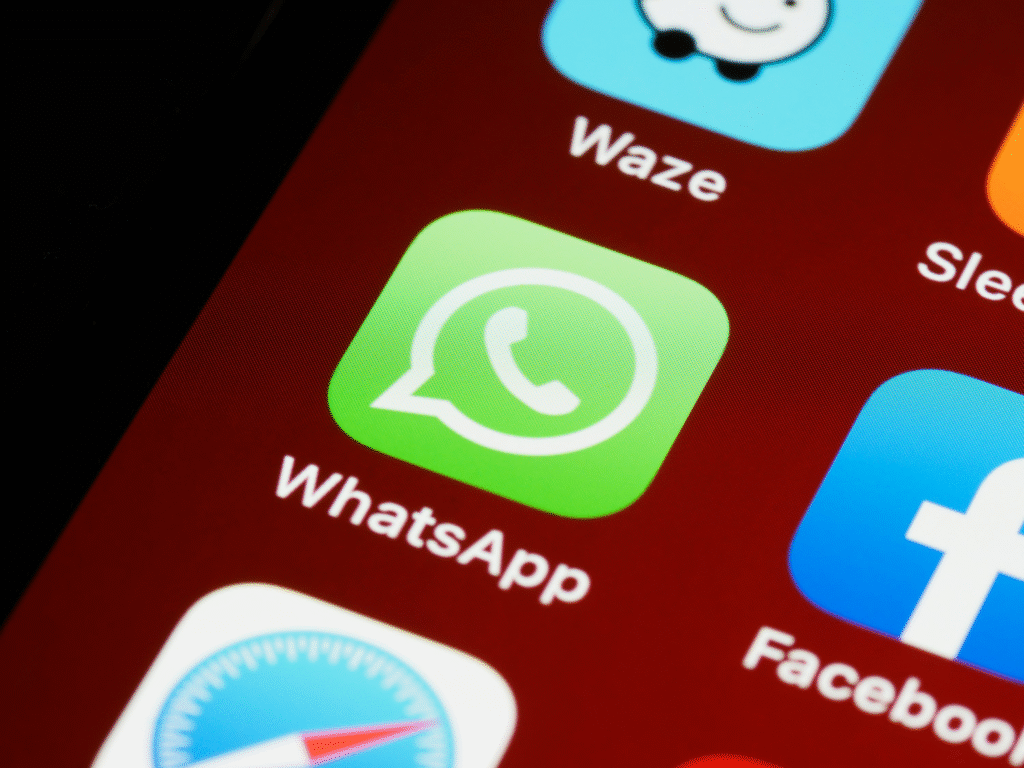A U.S. court has made a big decision against the Israeli spyware company NSO Group. The court has ordered NSO to stop trying to break into WhatsApp, one of the most popular messaging apps owned by Meta Platforms. This case has been going on for six long years, and it has finally reached an important turning point. Many people believe this ruling will have a big impact not only on NSO Group but also on how governments and companies use spying technology around the world.
The case was decided by U.S. District Court Judge Phyllis Hamilton, who gave a 25-page ruling on Friday. She issued a permanent injunction, which means NSO is now legally banned from trying to hack or target WhatsApp in any way again. WhatsApp is used by billions of people across the world, and Meta had accused NSO of misusing its technology to secretly monitor users. This permanent ban is a major win for WhatsApp and its parent company, Meta.
The ruling also came with another important part — a change in the fine amount that NSO has to pay. In a previous jury trial, NSO was ordered to pay Meta about $167 million in punitive damages. But Judge Hamilton decided to reduce this amount to $4 million. The huge reduction surprised many people, as it brought relief to NSO, which had warned earlier that the big fine and restrictions could destroy its business.
Still, even though the fine has been cut down, the permanent ban is a serious blow for NSO Group. The company has faced many accusations over the years. It has been blamed for helping governments and organizations spy on journalists, human rights activists, and political opponents using its powerful software called Pegasus. Pegasus is a type of spyware that can secretly enter someone’s phone and collect personal data, messages, photos, and even listen to calls — all without the person knowing. It works by taking advantage of small weaknesses or bugs in common apps and operating systems, making WhatsApp one of its favorite targets.

For years, NSO has defended its actions by saying that its software is used only to fight terrorism and serious crimes. The company claims that it sells its technology only to governments and law enforcement agencies that want to catch criminals and protect public safety. However, human rights groups and many technology experts argue that Pegasus has often been misused. Reports have shown that it has been used to spy on journalists, activists, and even government officials in several countries.
According to the court’s ruling, NSO had said earlier that banning it from working on WhatsApp would “put NSO’s entire enterprise at risk” and might “force NSO out of business.” The company said that without access to platforms like WhatsApp, it would not be able to continue its normal operations. However, the court did not agree with this argument and went ahead with the permanent injunction, saying that NSO had no right to target WhatsApp users in the first place.
After the judgment was announced, Meta executives expressed their happiness over the outcome. Will Cathcart, the head of WhatsApp, shared his views on social media platform X (formerly Twitter). He said, “Today’s ruling bans spyware maker NSO from ever targeting WhatsApp and our global users again. We applaud this decision that comes after six years of litigation to hold NSO accountable for targeting members of civil society.” His statement clearly shows how important this victory was for Meta and its users.
For Meta, this case was about much more than just one company. It was about protecting the privacy of billions of users around the world. The company has repeatedly said that spyware attacks like those linked to NSO Group are dangerous because they can harm journalists, human rights workers, and even ordinary people who simply want to communicate safely online.
NSO Group, on the other hand, focused on the positive side of the judgment. The company said that it was pleased about the 97% reduction in the damages it had to pay. It also said that the court order did not apply to its customers. According to NSO, those customers — mainly government agencies — “will continue using the company’s technology to help protect public safety.” The company said it would carefully review the court’s decision and then decide what steps to take next.
Interestingly, NSO Group has also been going through ownership changes recently. The company was reportedly purchased by a group led by Hollywood producer Robert Simonds, as mentioned in a report published by TechCrunch earlier this month. However, Simonds has not yet commented on the court’s latest decision or how it might affect the company’s future.
This legal battle between Meta and NSO began in 2019, when WhatsApp accused the Israeli firm of using its platform to deliver spyware to about 1,400 users’ phones. Those users included journalists, activists, and diplomats from different parts of the world. WhatsApp said NSO’s actions violated its terms of service and broke U.S. laws on hacking and unauthorized computer access.
Over the years, this case has drawn global attention because it highlights an important question: how far should companies go in the name of security? While NSO argues that its products help fight crime and terrorism, critics believe such technology can easily be misused. Once it falls into the wrong hands, it can be used to harm innocent people, silence free speech, and invade privacy.
The final ruling by Judge Hamilton sends a strong message. It shows that technology companies cannot escape responsibility by saying they only sell their products to others. If their technology is used in ways that harm people or violate privacy, they too can be held accountable. It also sets an example for other tech companies that deal with powerful surveillance tools.
In the end, this case is about more than just NSO and WhatsApp. It represents a bigger fight for digital privacy in today’s world. As technology continues to grow, so do the risks of it being misused. People now depend on apps like WhatsApp to talk to their families, share memories, and even do business. Protecting those conversations from illegal spying is becoming more important every day.
This court ruling will likely be remembered as a big step toward keeping our digital world safe. It shows that even the most powerful tech or spyware companies are not above the law. And while NSO celebrates the reduction of its fine, the permanent ban will continue to haunt its operations for years to come.
In the words of Will Cathcart, “We applaud this decision.” It’s not just a victory for Meta or WhatsApp — it’s a win for everyone who believes in privacy, freedom, and safety in the digital age.


